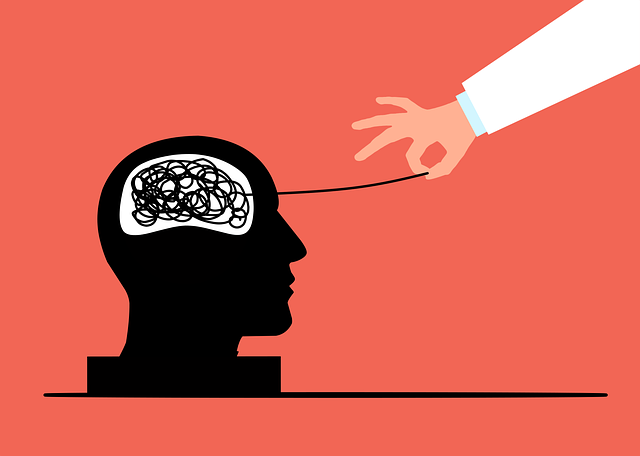Castle Rock Geriatrics Therapy emphasizes mood regulation as a vital component of mental well-being for older adults, addressing age-related emotional shifts. They offer evidence-based strategies like mindfulness meditation to alleviate depression and anxiety, fostering present-moment awareness and emotional balance. Their holistic approach integrates coping skills development, such as creative outlets, into daily routines for effective stress management. Additionally, risk management planning ensures a structured environment where mental health professionals can guide clients toward proactive mood stabilization.
Mood regulation is a vital aspect of overall well-being, especially as we age. At Castle Rock Geriatrics Therapy, we understand the significance of managing moods effectively to enhance quality of life. This article explores various strategies to navigate and stabilize emotions, focusing on practical tips and techniques proven to be effective in our geriatric therapy practice. Discover how these methods can empower individuals at Castle Rock Geriatrics Therapy and beyond to take control of their emotional well-being.
- Understanding Mood Regulation and Its Significance
- Strategies for Effective Mood Management at Castle Rock Geriatrics Therapy
- Practical Tips to Enhance Emotional Well-being
Understanding Mood Regulation and Its Significance

Mood regulation is a critical aspect of mental well-being, encompassing the ability to manage and adapt one’s emotional state. It involves recognizing and controlling feelings in response to internal and external stimuli, ensuring that emotions remain balanced and healthy. This process is particularly significant for older adults, as age-related changes can impact mood stability. Castle Rock Geriatrics Therapy emphasizes the importance of understanding and implementing effective mood regulation strategies to enhance overall quality of life.
Depression prevention plays a vital role in maintaining emotional equilibrium, and various techniques can be employed to achieve this. Mindfulness meditation, for instance, has been shown to reduce symptoms of depression and anxiety by promoting present-moment awareness and emotional balance. Additionally, risk management planning for mental health professionals is essential to identify potential triggers and develop proactive strategies to support clients in managing their moods effectively.
Strategies for Effective Mood Management at Castle Rock Geriatrics Therapy

At Castle Rock Geriatrics Therapy, we believe effective mood management is a cornerstone of holistic geriatric care. Our approach integrates various evidence-based strategies tailored to each individual’s unique needs. We emphasize emotional intelligence as a powerful tool for understanding and regulating moods, empowering our clients to navigate emotional landscapes with greater ease. By fostering self-awareness and empathy, we help them recognize and manage stress triggers, promoting mental resilience.
In addition to cultivating emotional intelligence, we prioritize risk management planning for mental health professionals. This proactive approach ensures a safe and supportive environment where our therapists can effectively guide clients through challenging emotions. Through structured interventions and stress management techniques, we equip individuals with the skills needed to cope with life’s stressors, preventing them from overwhelming their emotional well-being.
Practical Tips to Enhance Emotional Well-being

Maintaining emotional well-being is a crucial aspect of overall health, and Castle Rock Geriatrics Therapy offers valuable insights into effective mood regulation strategies. For seniors seeking to enhance their mental resilience, several practical tips can significantly contribute to improved emotional balance. One key approach is coping skills development, which involves learning and practicing techniques to manage stress and difficult emotions. This may include mindfulness exercises, deep breathing, or engaging in creative outlets like art or music.
Integrating these coping mechanisms into daily routines allows for better mood management. Additionally, risk management planning is essential for mental health professionals and caregivers. By identifying potential triggers and implementing proactive strategies, individuals can proactively navigate emotional challenges. This involves setting realistic goals, establishing support networks, and creating structured environments that foster positive moods and overall well-being.
Mood regulation is a vital aspect of overall well-being, and Castle Rock Geriatrics Therapy offers valuable insights into managing emotions effectively. By understanding the significance of mood control, individuals can employ strategies like those outlined in this article to enhance their emotional resilience. Practical tips, tailored advice, and professional guidance from therapists at Castle Rock Geriatrics Therapy empower folks to navigate life’s challenges with improved emotional balance and enhanced quality of life.














